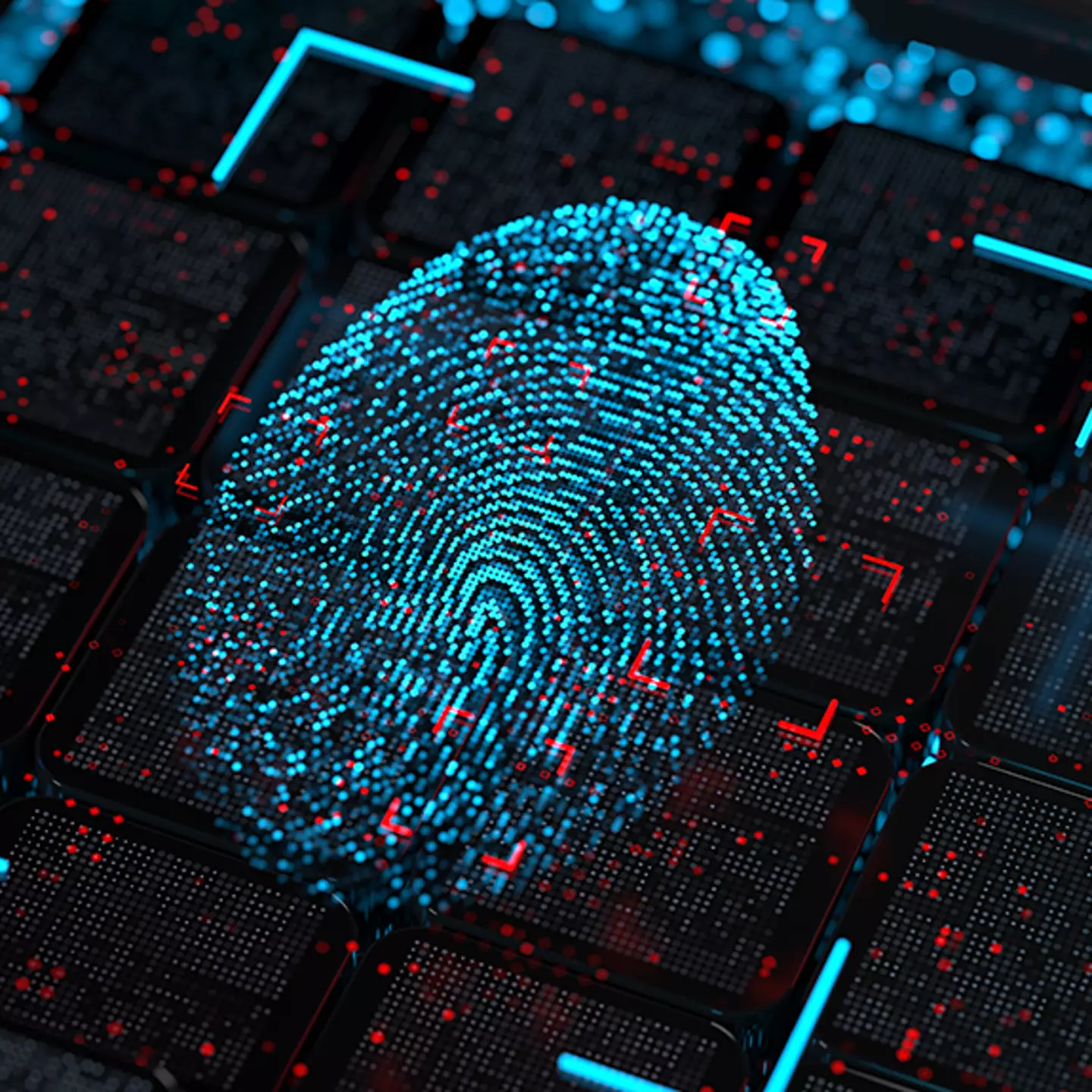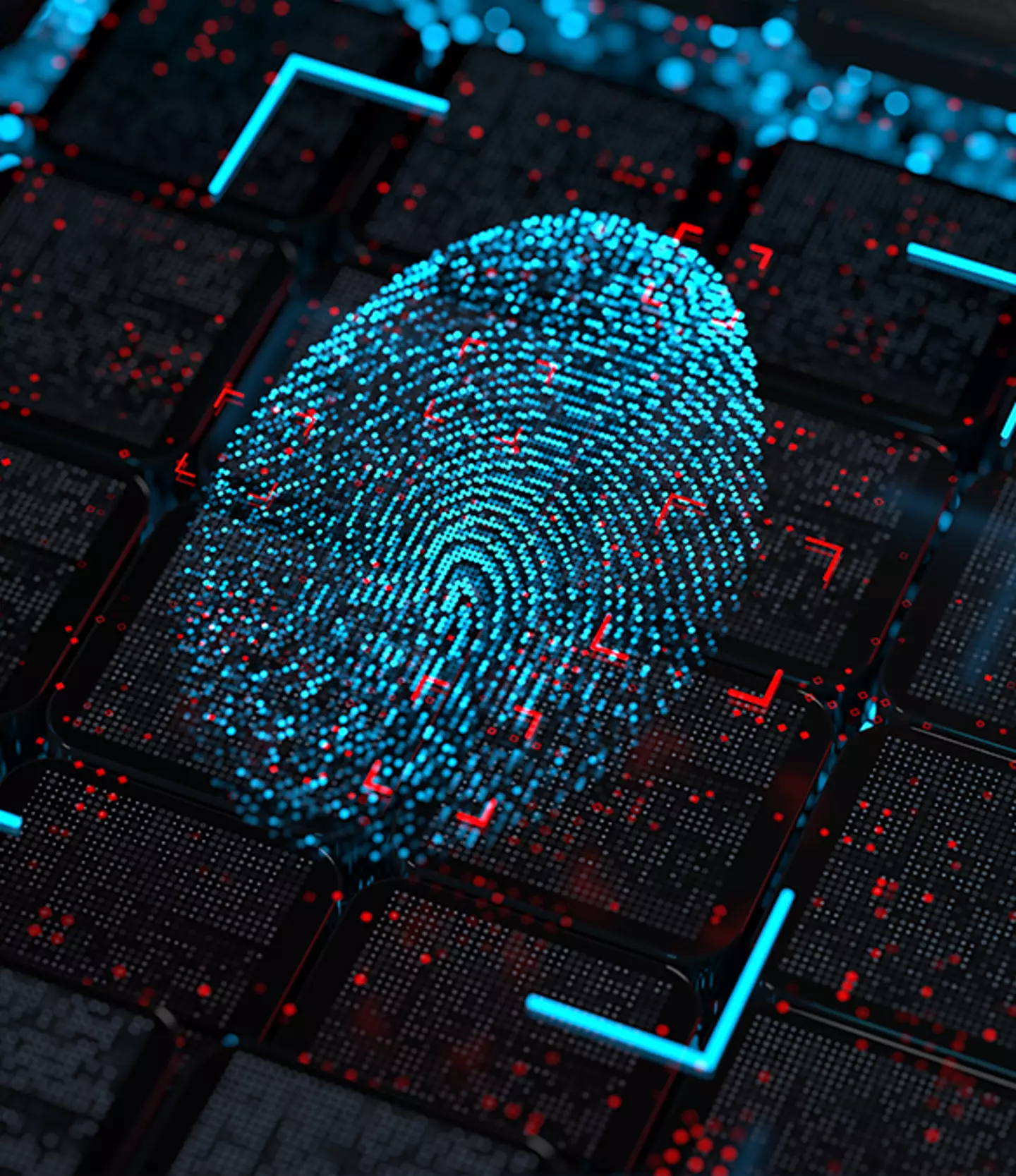
There's a new hack that can clone your fingerprints just by using your smartphone.
Our smartphones contain all our important stuff, from passwords to photos, to even our fingerprints.
The discovery was made by a team from the US and China, comprising of the University of Colorado in the US and Tsinghua University, Wuhan University and Huazhong University of Science and Technology in China.
The research paper was titled: 'PrintListener: Uncovering the vulnerability of fingerprint authentication via the finger friction sound.'
Advert

The technique, PrintListener, recreates the pattern of a finger’s papillary lines or ridges through the acoustic signals it produces as it slides across a screen.
Which basically means it can hear the unique way you faintly swipe your phone - how weird is that!
According to the research team, hackers could use the smartphone's built-in microphone to record the 'swiping friction sound' and consequently steal a victim’s fingerprint.
In their paper, the researchers noted: 'Due to its widespread use, fingerprint leakage may cause sensitive information theft, enormous economic and personnel losses, and even a potential compromise of national security.'
'The attack scenario of PrintListener is extensive and covert. It only needs to record users’ fingertip friction sound and can be launched by leveraging a large number of social media platforms.'
The researchers applied PrintListener to 'realistic scenarios' to observe how it would work.

As a result, the researchers achieved a partial reconstruction of a person’s fingerprint 27.9% of the time and a full reconstruction 9.3% of the time.
Once hackers have your fingerprint, a world of potential problems opens up. Your sensitive information, including payment apps that are hidden behind biometric systems are at risk of being targeted.
Additionally, it could also spell trouble for your smart security systems, including door access locks.
To maintain good cybersecurity and keep your identity safe, researchers say there are a couple of things you can do.
To prevent fingerprint cloning, users should invest in specialised screen protectors for their smartphones, though the problem here is that new sound analysis techniques could also be developed.
'For example, users try not to swipe their fingers on the phone screen when making audio and video calls on social media platforms,' the researchers explained.
Finally, make sure that you have all the latest security settings up to date on your device, covering both your operating system and apps. This can minimise the vulnerabilities that hackers could exploit.